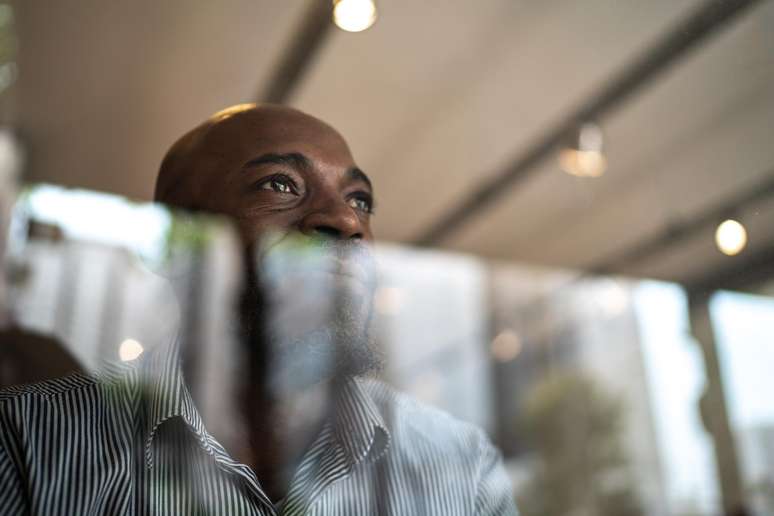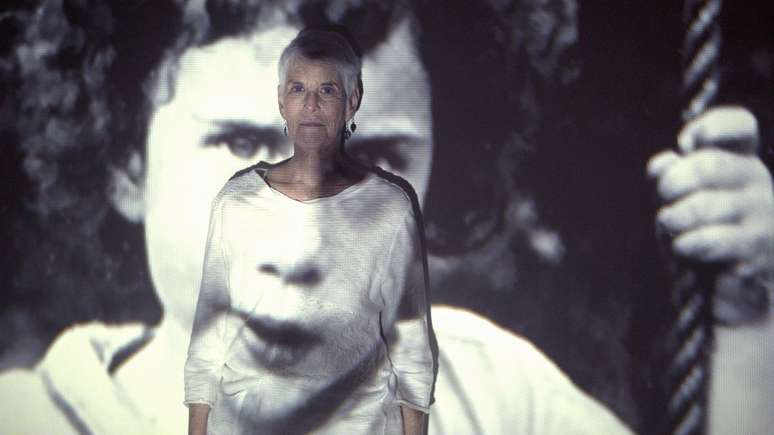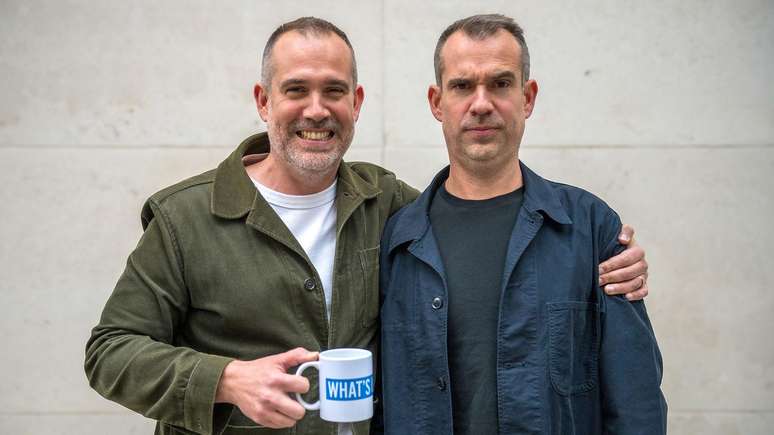Can you imagine where you will be in 10, 20, 30 years? Our true future selves may be harder to imagine than we realize.
html[data-range=”xlarge”] figure image img.img-21e5c7cf8e608fc9f5daaf24fb715cbejsrflvjt { width: 774px; height: 435px; }HTML[data-range=”large”] figure image img.img-21e5c7cf8e608fc9f5daaf24fb715cbejsrflvjt { width: 548px; height: 308px; }HTML[data-range=”small”] figure figure img.img-21e5c7cf8e608fc9f5daaf24fb715cbejsrflvjt, html[data-range=”medium”] figure image img.img-21e5c7cf8e608fc9f5daaf24fb715cbejsrflvjt { width: 564px; height: 317px; }HTML[data-range=”small”] .article__image-embed, html[data-range=”medium”] .article__image-embed { width: 564px; margin: 0 auto 30px; }
If you examine your life history, you will likely identify a number of transformations that have made you into who you are today.
You may have been shy as a child and found more security in the workplace. Or maybe you were a rebellious child who ended up finding inner peace. Many people describe these processes as their personal journey.
Now, if you look into the future, you can certainly visualize important events in its trajectory, but it can be difficult to imagine the future transformations of its main features.
It is as if your sense of self has arrived at its destination. You consider that you will keep the same characteristics, values and interests that you have today.
“We recognize our evolution from who we were in the past to who we are today, but we fail to observe that we will continue to change in the future,” notes psychologist Hal Hershfield, of the University of California at Los Angeles, in the United States, and author of the new book Your Future Self (“Your ‘self’ future”, in free translation).
This bias is known as “the end of story illusion,” and it can have negative consequences for our personal and professional lives.
The scientific study of the end of story illusion began with the television program Leurs Secrets du Bonheur (“Your Secrets of Happiness”). As the name suggests, the show dealt with the science of wellness, and viewers were often invited to participate in studies via the show’s website.
Using this opportunity to reach a large audience, Professor Jordi Quoidbach (currently at Universidad Esade Ramon Llull, Spain) and his colleagues prepared a series of questionnaires, asking participants to reflect on their past, present and future. They published the research findings in the journal Science.

The first study focused on personality. Volunteers were rated on a number of characteristics.
On a scale from 1 (strongly disagree) to 7 (strongly agree), they had to answer, for example, if they considered themselves:
- outgoing, enthusiastic
- critical, quarrelsome
- reliable, self-disciplined
- anxious, easily upset
- open to new experiences, complex
Then the researchers asked half of the participants to answer the same question 10 years in the past and the other half 10 years in the future.
More than 7,500 participants, aged 18 to 68, responded. This allowed Quoidbach and his colleagues to assess how well people perceive their trajectory of personal change at many different life stages.
It would make sense for a recent college graduate, just entering adulthood, to view their life path very differently than someone approaching retirement age. But overall, the age of the participants made little difference.
While the average participant has observed significant personality changes in the past, they predicted that they would experience little change in the future. They seemed to think that their personalities would remain frozen in their current form for the rest of their lives.
To test whether the illusion of the end of history would extend to one’s personal values, the researchers recruited a new sample of 2,700 participants. They asked participants to indicate the importance of concepts such as hedonism, fulfillment and tradition in their lives. And then they were asked to imagine what their answers would have been 10 years in the past or 10 years in the future.
The bottom line was that the illusion of the end of history was in full swing: people recognized how their values had changed in the past, but were unable to predict future changes.
Changes and uncertainties
If you’ve ever gotten a tattoo design that you later regretted, you won’t be surprised to learn that the illusion of the end of the story holds true for our personal tastes as well.
We can easily recognize how our musical preferences have evolved over the past few decades, for example, but we feel that our current favorites will always hold their special place in our hearts.
“Both grandparents and adolescents seem to believe that the rate of their changes has slowed down a lot and that they have recently become the people who will stay,” the researchers concluded in their original study. “It feels like the story always ends today.”

In his new book on self-concept, Hershfield links the end-of-story illusion to research on overconfidence in general.
“Most people like themselves, believing that their personalities are attractive to others and that their values are to be admired,” she writes. “It can be scary to think that if we were to change we would abandon this position of nobility and so try to stay true to who we are now.”
Hershfield proposes that the illusion of the end of the story may also reduce troubling feelings caused by uncertainty.
“We like to think we know each other well, and the idea that our personalities, values, and preferences can change can produce some existential anxiety. If we don’t know how we can be different in the future, how can we really know who we are today? ” the author.
But the psychological comfort it offers can sometimes come at a cost if it impairs our judgment in life’s important decisions. Hershfield suggests that the illusion of the end of the story can lead us to put off pleasurable experiences until we no longer want them.
If you want to travel, for example, you may constantly put off your plans until you’ve saved up enough money to pay for a luxury trip. But by the time you have the money, you may have lost the will to explore new places, because that time has passed. Perhaps it would have been better to take one day at a time.
Most importantly, the illusion of the end of history can set us on career paths that offer no long-term rewards.
One day, you may have thought that high pay was more important than your intrinsic interest in the work you do, which may very well be true then.
But by the time you hit your 30s, those values may have changed and you may now be craving passion rather than a high-value paycheck.
“Here’s the rub: Faced with new career paths or job prospects, if we make mistakes in terms of what we think might matter, we may decide to take (or not) to take paths that we later regret,” writes Hershfield. .
So while there’s nothing wrong with celebrating our “journey,” we’d all do well to take a little closer look at all the possible paths ahead.
Change can be inevitable, and if we make the effort to try and acknowledge that fact, we can make the most of our incredible capacity for growth.
* David Robson is a science writer and book author The Expectation Effect: How Your Thinking Can Transform Your Life (in free translation from the English), published in the UK by Canongate and in the US by Henry Holt. Your Twitter account is @d_a_robson.
read the original version of this report (in English) on the website Future of the BBC.
Source: Terra
Ben Stock is a lifestyle journalist and author at Gossipify. He writes about topics such as health, wellness, travel, food and home decor. He provides practical advice and inspiration to improve well-being, keeps readers up to date with latest lifestyle news and trends, known for his engaging writing style, in-depth analysis and unique perspectives.









